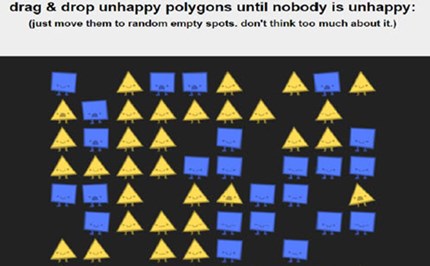reSolve: Algorithmic thinking – Simulation
This unit shows why and how simulation complements more traditional mathematical methods of investigation and investigates the comparative advantages and disadvantages of simulation-based approaches. Students work hands-on with interactive simulations and learn the role of virtual experiments, gaining exposure to computational methods. They learn the basics of some fundamental simulation methods, including Monte-Carlo simulations, agent-based simulation, individual-based and population-based simulation.
Additional details |
|
| Year level(s) | Year 10 |
|---|---|
| Audience | Teacher |
| Purpose | Teaching resource |
| Format | Downloadable resources |
| Teaching strategies and pedagogical approaches | Mathematics investigation |
| Keywords | data representation, data analysis, modelling, simulations, chance experiments, Monte-Carlo simulation |
Curriculum alignment |
|
| Curriculum connections | Technologies, Numeracy, STEM/STEAM |
| Strand and focus | Statistics, Probability, Build understanding, Apply understanding |
| Topics | Data representation and interpretation, Chance and probability |
| AC: Mathematics (V9.0) content descriptions |
AC9M10P02
Design and conduct repeated chance experiments and simulations using digital tools to model conditional probability and interpret results
AC9M10P01
Use the language of “if .... then”, “given”, “of”, “knowing that” to describe and interpret situations involving conditional probability
AC9M10ST03
Construct scatterplots and comment on the association between the 2 numerical variables in terms of strength, direction and linearity
AC9M10ST04
Construct two-way tables and discuss possible relationship between categorical variables |
| Numeracy progression |
Understanding chance (P6)
|
Copyright details |
|
| Organisation | ReSolve: Maths by Inquiry |
| Copyright | © Australian Government Department of Education, Skills and Employment 2021. Creative Commons BY-NC-SA 4.0. |
Related resources
-
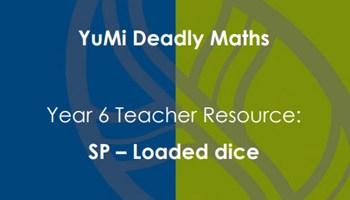
Loaded dice
Students use different operations to predict favourable results in chance experiments and games. They record their data in different ways and make predictions about chance-related outcomes.
Resource details -
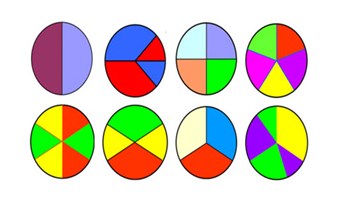
Come in spinner
In small groups students conduct chance experiments. They create, describe and compare their data and discuss the variations in results.
Resource details -
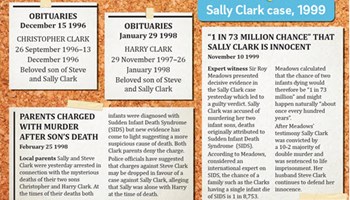
reSolve: Probability: Forensic Investigations
A series of inquiry-based lessons about how chance events can be misrepresented in media and criminal reporting.
Resource details -
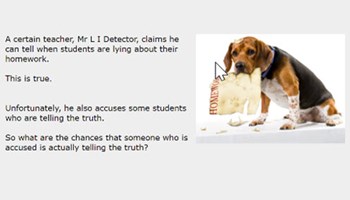
Probability calculations: Year 10 – planning tool
This planning resource for Year 10 is for the topic of Probability calculations.
Resource details
